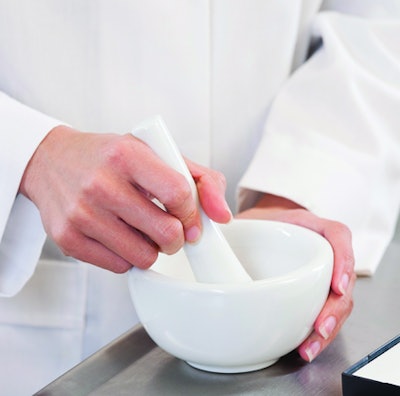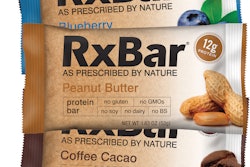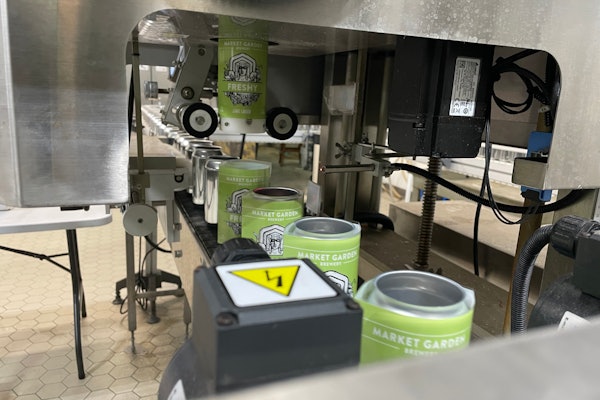
The policy documents will also assist entities with complying with provisions of the Drug Quality and Security Act (DQSA), enacted in Nov. 2013.
The DQSA added section 503B to the Federal Food, Drug, and Cosmetic Act (FD&C Act). Under section 503B, a compounder can elect to register with the FDA as an outsourcing facility. Drugs compounded in an outsourcing facility that meet certain conditions may be entitled to exemptions from certain provisions of the FD&C Act, including the new drug approval requirements and the requirement to label drug products with adequate directions for use.
Outsourcing facilities are subject to current good manufacturing practice requirements and increased federal oversight. Some health care providers purchase compounded sterile drugs to treat patients whose medical needs cannot be met by FDA-approved drugs. In such cases, the FDA encourages health care providers to purchase from compounders that register as outsourcing facilities.
“As an agency committed to protecting public health, it’s important to the FDA that outsourcing facilities fully understand how to comply with the new law,” said Janet Woodcock, M.D., and Director of the FDA’s Center for Drug Evaluation and Research. “These policy documents clarify the process for outsourcing facilities to register, pay fees, and report the drugs compounded by the facility.”
The new guidance documents are:
• Final guidance on registration of human drug compounding outsourcing facilities under section 503B of the FD&C Act. (pwgo.to/1328)
• Final guidance on fees for human drug compounding outsourcing facilities under sections 503B and 744K of the FD&C Act. (pwgo.to/1329)
• Revised draft guidance on electronic drug product reporting for human drug compounding outsourcing facilities under section 503B of the FD&C Act. (pwgo.to/1330)
























